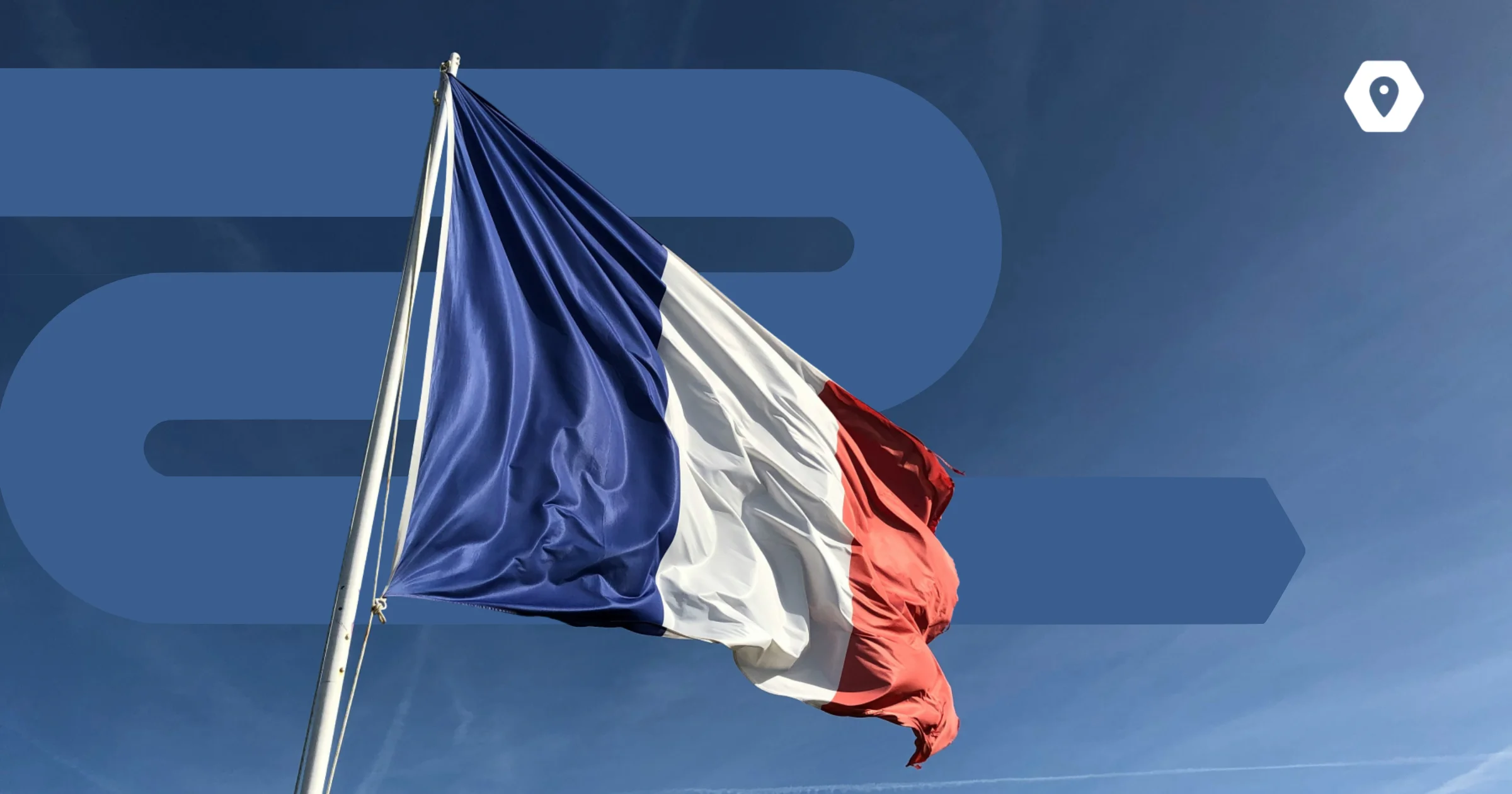Key Take Aways:
- France short-stay Schengen visas generally take around 15 calendar days to process, but during peak seasons or complex cases, this can extend to 30–60 days. Long-stay work visas usually require 1 to 3 months for processing.
- Work permits such as Talent Passport visas typically take 4 to 8 weeks for processing, with timelines affected by seasonality, consulate location, additional security checks, and document completeness.
- Applications from high-demand regions like India often experience longer processing times, especially during April to July, the peak travel season, which can lead to delays up to 45 days for some visas.
- HR teams should plan visa applications well in advance-ideally 4 to 8 weeks before the employee’s start date—and use authorized visa centers and professional immigration support to minimize delays and manage compliance smoothly.
France Visa Processing Timeline:2026
For employers and HR professionals managing international mobility in mid-sized companies, understanding France visa processing times is essential for effective workforce planning and smooth employee relocations. France offers various visa types, including short-stay Schengen visas and long-stay work visas, each with distinct processing timelines.
Typical Processing Times for France Visas
- Short-stay Schengen visas (for business trips or short assignments) generally take around 15 calendar days to process. However, this can extend to 30–60 days during peak seasons or for complex applications requiring additional verification.
- Long-stay work visas and residence permits typically require 1 to 3 months depending on the visa type, completeness of documentation, and consular workload.
- For work permits (Talent Passport or standard work visas), processing usually takes 4 to 8 weeks from the submission by the employer to the French Ministry of Labour until the visa issuance.
Factors Influencing Processing Times
- Seasonality and application volume: Peak travel months (April to July) experience higher volumes leading to longer processing times, sometimes up to 45 days for work and family reunion visas.
- Consulate location: Applications submitted in cities like Chennai, Cochin, and Pondicherry may experience longer wait times—up to 5 weeks or more.
- Additional security checks and interviews: Some visa applications undergo further scrutiny, extending processing by several weeks.
- Complete documentation: Incomplete or incorrect application documents can cause significant delays.
Recommendations for HR and Employers
- Plan ahead: Submit visa applications at least 4 to 8 weeks before the employee's intended start date in France.
- Use authorized visa centres: For Indian applicants, submissions are typically made via VFS Global centres to streamline processing.
- Monitor application status: Use reference numbers provided by visa centres to track progress and address any document requests promptly.
- Partner with immigration specialists or platforms: Using tech-enabled immigration services like Jobbatical can help manage timelines efficiently through expert support.
Real-world Processing Timelines Highlights
Conclusion:
To ensure successful international employee relocations, understanding France's visa processing timelines is critical for HR and employers. With varying durations based on visa types, application completeness, and consulate workloads, early and accurate submissions are essential to prevent delays. Leveraging authorized visa centers and immigration experts can further smooth the process. By proactively managing visa applications and staying informed about potential bottlenecks, companies can optimize workforce mobility and compliance in 2025. This strategic approach will help organizations meet their talent needs efficiently while navigating the complexities of France's immigration system.


.svg)






.svg)
